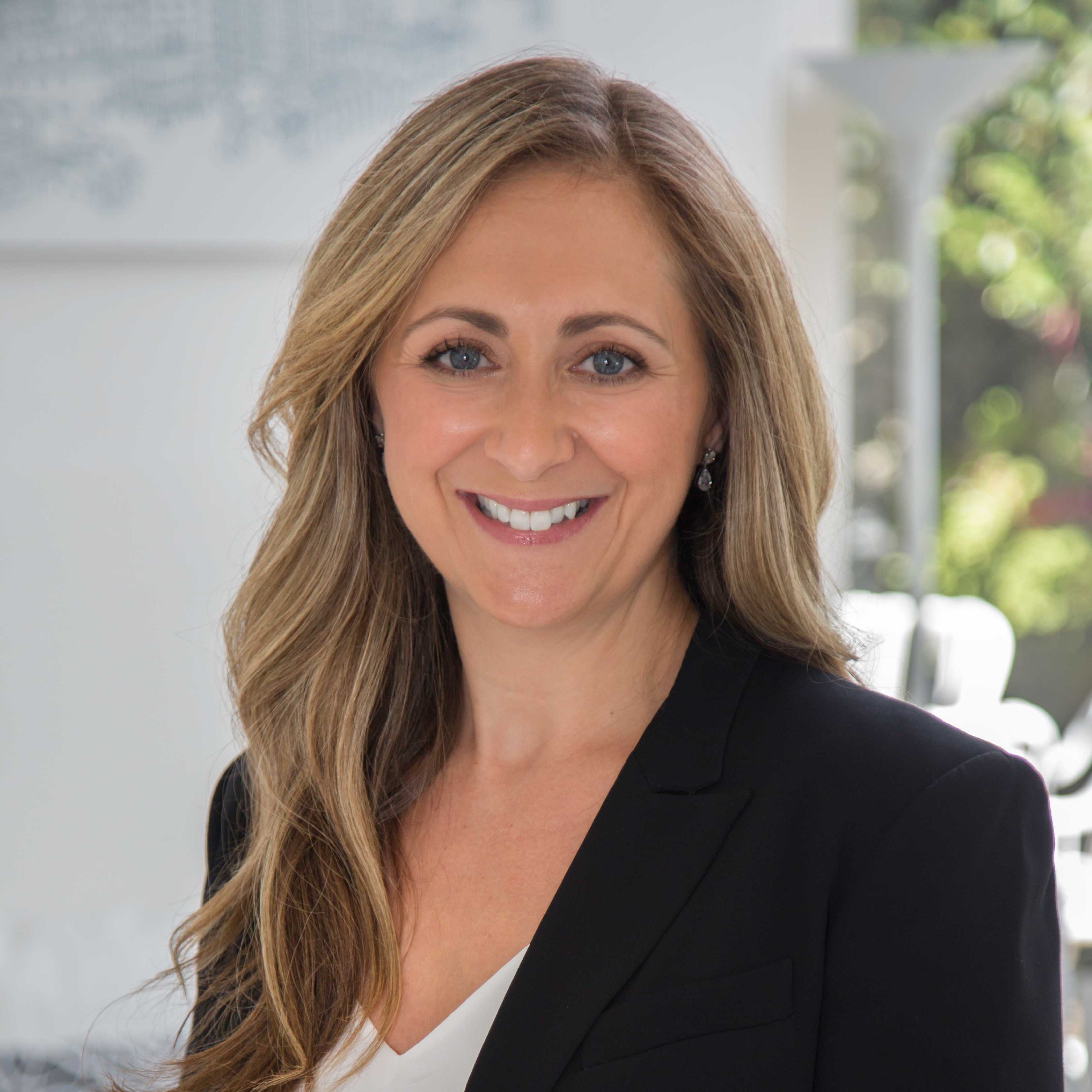Influencers have a duty to publish accurate health content
Providing accurate information is a duty of influencers and they shouldn’t be treated any differently to any other kind of publisher, the audience at Mumbrella’s Health & Wellness Summit has heard.
Speaking on a panel at the summit, Simone Landes, founder and director The Lifestyle Suite, said influencers “have to take responsibility” for the content they’re producing.

Landes: We’re all adults
“We’re all adults, and we have to take responsibility for whatever our business is, so if you’re in the business of being an influencer, then you take that on board,” she said. “If I’m going to post something about a particular health situation or about a campaign, I need to arm myself with as much information as possible.”

